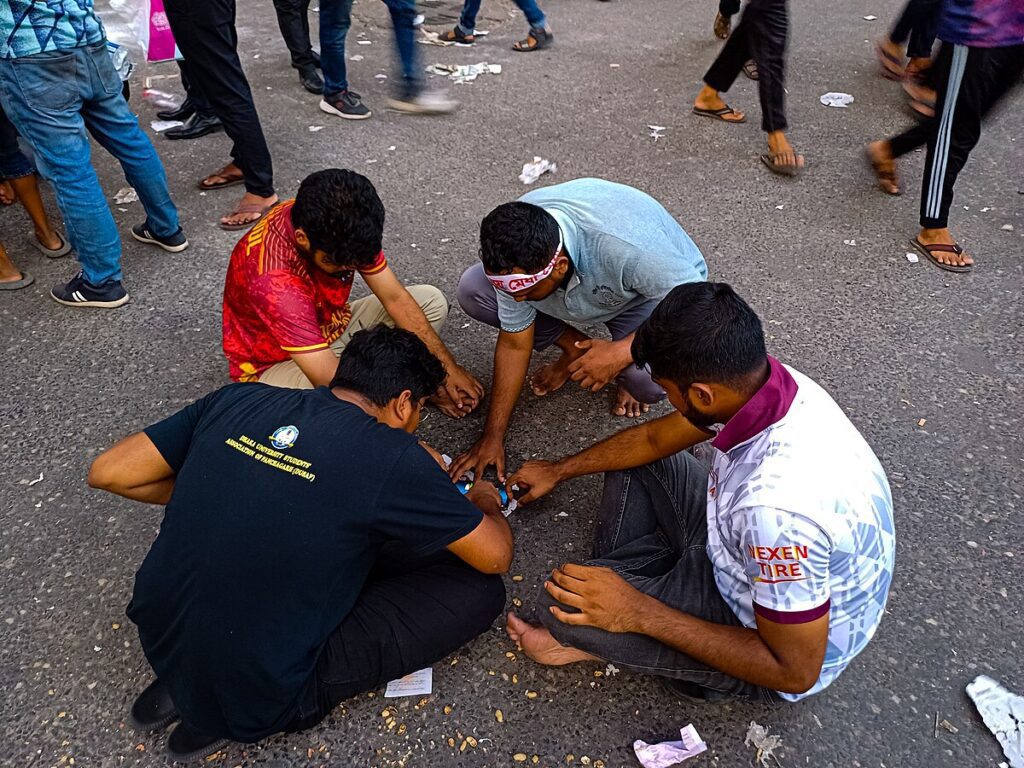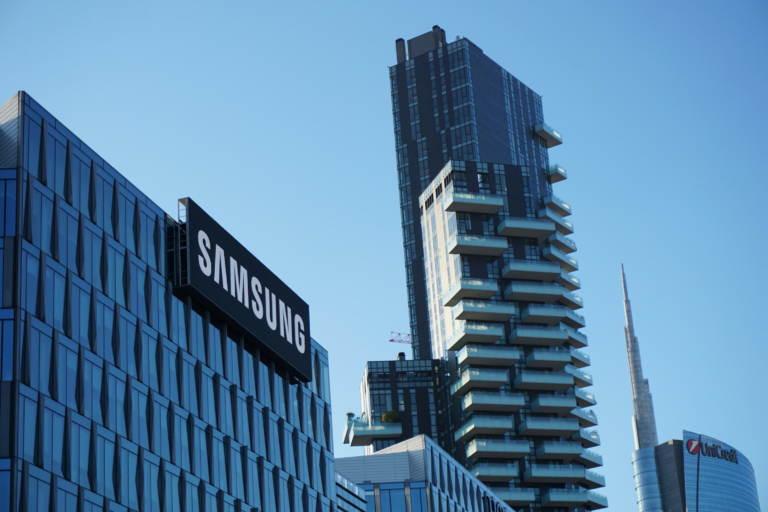In a controversial ruling that has sparked international concern, a court in the United Arab Emirates (UAE) has handed down severe sentences to over 50 Bangladeshi nationals for their involvement in protests against their home government. According to reports from the state-owned Emirates News Agency (WAM), the Abu Dhabi Federal Court of Appeal imposed significant prison terms, including life sentences, on several individuals.
Verdict Details
As per WAM’s report, 53 Bangladeshi nationals were sentenced to 10 years each, with one individual receiving an 11-year sentence. Additionally, three individuals were handed life sentences. The court also decreed that upon completion of their sentences, all convicted individuals would be deported from the UAE.
The sentencing follows an expedited trial initiated by UAE authorities in response to protests that emerged within the UAE linked to demonstrations in Bangladesh. These protests were primarily driven by discontent with a governmental quota system allocating a significant percentage of jobs to relatives of veterans from the 1971 war of independence. Recent adjustments to this system by Bangladesh’s highest court had partially mollified the demonstrators.

Legal Basis and Charges
The UAE’s attorney general’s office outlined multiple charges against the Bangladeshi nationals, including organizing protests in public places with the intent to incite unrest, obstructing law enforcement, causing harm, and damaging property. Testimony given in court confirmed that the accused had planned massive protests that blocked multiple roadways in the United Arab Emirates.
Background and Context
The Bangladeshi community in the United Arab Emirates is relatively large and is mainly made up of low-wage workers who support their family back home. Despite their significant presence, political activities such as forming parties or unions are prohibited in the UAE, and strict regulations severely restrict freedom of expression. The media landscape is dominated by state-owned or government-affiliated entities.
International Reaction
The sentencing has prompted international reactions, with human rights organizations and diplomatic entities expressing concern over the severity of the sentences and the constraints on freedom of assembly in the UAE. Bangladesh’s government has yet to issue an official response to the court’s decision.
Conclusion
The verdict underscores the stringent legal environment in the UAE regarding political dissent and highlights the challenges faced by expatriate communities in the country. As global attention focuses on the ramifications of such rulings, advocacy for human rights and freedom of expression continues to be a focal point in international relations.
The implications of this case are profound, raising questions about the balance between security measures and fundamental rights within the UAE’s legal framework. As developments unfold, scrutiny on the treatment of foreign workers and their rights in the UAE remains a critical issue on the global stage.








